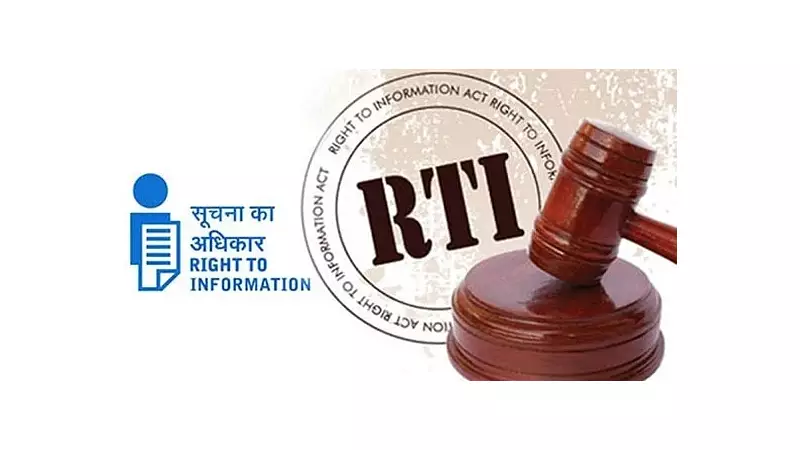
Two decades ago, India witnessed a democratic revolution with the implementation of the Right to Information (RTI) Act. Hailed as a powerful tool for citizen empowerment, this legislation promised to transform governance by bringing transparency and accountability to the corridors of power. Today, as we mark its 20th anniversary, the promise appears largely broken.
The Shrinking Space for Transparency
The RTI Act, once celebrated as a beacon of democratic rights, now faces systematic erosion. Vacancies in information commissions have become the norm rather than the exception, with some states operating with barely functional bodies. The resulting backlog of cases has turned the promise of timely information into a distant dream for many citizens.
Bureaucratic Hurdles and Delaying Tactics
Public information officers have mastered the art of evasion through various tactics:
- Unnecessary transfers of applications between departments
- Citing vague and broad exemptions to deny information
- Imposing unreasonable delays in responses
- Creating procedural obstacles that discourage ordinary citizens
The Political Apathy Towards Transparency
Perhaps most concerning is the political establishment's growing indifference toward strengthening the RTI framework. The initial enthusiasm that welcomed the Act has been replaced by a reluctance to address its structural weaknesses. The very institutions meant to uphold transparency now often view it as an inconvenience.
Impact on Democratic Participation
The weakening of the RTI mechanism has profound implications for Indian democracy:
- Reduced citizen oversight on government functioning
- Diminished accountability of public officials
- Erosion of trust in democratic institutions
- Limited access to information about public spending and policies
A Call for Renewed Commitment
As India celebrates 20 years of the RTI Act, the occasion demands more than ceremonial recognition. It requires a serious re-commitment to the principles of transparency and accountability. Filling commissioner vacancies, streamlining processes, and strengthening the institutional framework are no longer optional—they are essential for preserving the democratic character of this landmark legislation.
The RTI Act represented a fundamental shift in the power dynamics between citizens and the state. Unless urgent corrective measures are taken, we risk losing one of the most significant democratic achievements in independent India's history.





